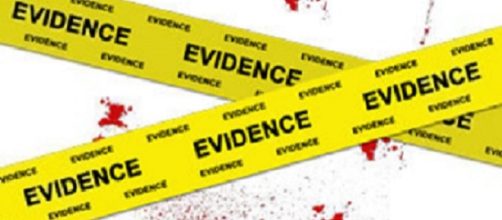Millions of people worldwide are anecdotal evidence about e-cigarettes. They've quit smoking. Stopped tobacco use, or reduced tobacco use by choice. The world used to look to the United States for decision making on many fronts. England, without question, trumped the United States recently. The report by Public Health England with their landmarkannouncement thate-cigarettes are 95% safer than combustible cigarettes came with a roar of approvalfrom many in the public health sector there. The few tobacco control "experts" who continue to deny the benefits are being both questioned for their integrity and scolded by vapers around the world.
Possible corruption and conflicts of interest are suspectedas being behindthe denial of strong evidence. E-cigarettes are taking smokers away from combustible cigarettes.
The United States has taken its time, and toll, decidingwhat to do about e-cigarettes, but now the FDA has stepped upwith their "deeming legislation". After more than ten years on the market, the question boils down to whether e-cigs need regulation or should remain a consumer driven product. Because nicotine is in the e-liquid in some cases,opponentswant restrictions placed on them, and want them taxed as tobacco products. Milk is not beef. Syrup is not wood. Nicotine is not tobacco.Products like the patch and gum also contain the same nicotine, but some politicians are trying to "exempt" those from pending legislation on e-cigarettes and other products brought on to the market after February 15th, 2007.
This legislation on e-cigarettes, if passed, can not only deter smokers from trying e-cigarettes, thereby reducing combustible cigarette consumption, it definitely will hand the e-cigarette market to big tobacco. The experts want you to quit smoking, but don't want to admit the evidence behind e-cigarettes is overwhelming and can help millions more remove combustible tobacco from their lives.
Irresponsible statements from UShealth activists, politicians and officials claim e-cigarettes are "just as dangerous" as cigarettes, ingredients are "unknown" and flavors attract children.A few moments on Google will turn upplenty of very different evidence that most USexperts either ignore or deny. To deny, make false claims and conjecture against what has been proven by Public Health England as harm reduction from these "so called" experts is irresponsible, and for the FDA and its deeming legislation, it is imperative to look at the complete picture.
To try to classify e-cigarettes in the deeming legislation, for the purpose of replacing declining Tobacco Master Settlement Agreement funds, is both inbad taste and irresponsible to the American public. To ignore the mountains of evidence is preposterous. It's as if they want to keep cigarettes around instead.

